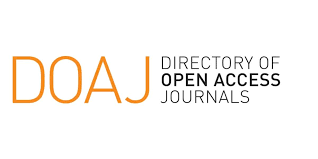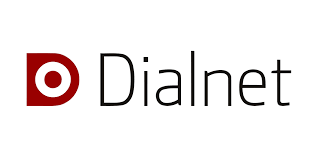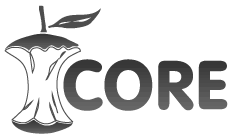Public policy in preventive intervention from the Venezuelan Organic Law on the Right to Women to a Free of Violence Life
DOI:
https://doi.org/10.36881/ma.v1i1.645Keywords:
justicia social, desarrollo humano, derechos humanos, violencia de género, política pública, intervención preventivaAbstract
The effective integration and equal women's conditions in all spheres of social life, in addition to complex challenge, constitutes one the purposes of international agendas in which the persistent need to create the legal and political mechanisms through which to prevent, eradicate and offer alternatives so that they reach both the state of fullness and the integral realization that allows it to act autonomously and freely. This documentary research proposes a public policy in preventive intervention from the Organic Law on the Right to Women to a Life Free of Violence (Venezuelan), in those who rest the responsibility of advising, accompanying and reinforcing processes that eradicate the violation of their dignity, leading to the emergence of risk factors such as victimization, discrimination and systematic abuse in its various manifestations. It is concluded that achieving the effective approach to violence against women, implies the implementation of socio -educational measures that reiterate their recognition as a subject of law, as well as the timely preventive activity that ensures its fair and joint inclusion in the various dimensions of life Social.
Downloads
References
Barra, E. (2003). Psicología de la salud. Editorial Mediterráneo.
Bisquerra, R. (2006). Orientación psicopedagógica y educación emocional. Estudios sobre Educación, 11, 9-25. https://dadun.unav.edu/bitstream/10171/9208/1/Ea.pdf
Bisquerra, R., y Pérez, N. (2007). Competencias emocionales. Educación Siglo XXI, 10, 61-82. https://revistas.uned.es/index.php/educacionXX1/article/view/297/253
Bisquerra, R. (2011). Educación emocional. Propuestas para educadores y familias. Editorial Desclée de Brouwer.
Bowlby, J. (2014). Vínculos afectivos. Formación, desarrollo y práctica. Tavistock Publications Ltd.
Cyrulnik, B y Anaut, M. (2014). ¿Por qué la resiliencia? Lo que nos permite reanudar la vida. Gedisa.
Cloninger, S. (2003). Teorías de la personalidad. Prentice Hall.
Corkille, D. (2010). El niño feliz su clave psicológica. Granica Editor.
González, D. (2008). Piscología de la motivación. Editorial Ciencias Médicas.
Hirigoyen, M. (1999). El acoso moral. El maltrato psicológico en la vida cotidiana. Editorial Paidós.
Lafarga, J. (2016). Desarrollo humano: desarrollo personal. Editorial Trillas.
Ley Orgánica Sobre el Derecho a la Mujer a una Vida libre de Violencia. (23 de abril 2007). N° 38.668 (Extraordinario). Gaceta Oficial de la República Bolivariana de Venezuela.
Montero, M. (2004). Introducción a la psicología comunitaria. Desarrollo, conceptos y procesos. Editorial Paidós.
Morales, J. (2020). Orientación comunitaria: Definiciones, propósitos y aportaciones al desarrollo humano integral. Revista Digital La Pasión del Saber, 11 (19), 1-18. https://lapasiondelsaber.ujap.edu.ve/index.php/lapasiondelsaber-ojs/article/view/26
Nardone, G., Giannotti, E., y Rocchi, R. (2005). Modelos de familia. Cómo resolver problemas entre padres e hijos. Herder.
Rogers, C. (2015). Libertad y creatividad en la educación. Editorial Paidós.
Sanmartín, J. (2012). Claves para entender la violencia en el siglo XXI. Revista Ludus Vitalis, vol. 20, (38), 145-160. http://www.ludus-vitalis.org/ojs/index.php/ludus/article/view/85
Sabino, C. (2004). Desarrollo y calidad de vida. Unión Editorial.
Sarramona, J. (2007). Desafíos de la escuela en el siglo XXI. Octaedro.
Sen, A. (2000). Desarrollo y libertad. Editorial Planeta.
Tedesco, J. (2014). Educar en la sociedad del conocimiento. Fondo de Cultura Económica.
UNESCO. (2015). Orientación y Desarrollo de Capacidades sobre Educación para la Ciudadanía Mundial en América Latina y el Caribe. Reporte Informativo.
Published
How to Cite
Issue
Section
License

This work is licensed under a Creative Commons Attribution-NonCommercial 4.0 International License.
The content of the publications is the responsibility of the authors. The journal allows authors to maintain copyright on published articles and documents. The license used is Commons Attribution-NonCommercial International License. CC BY NC

















